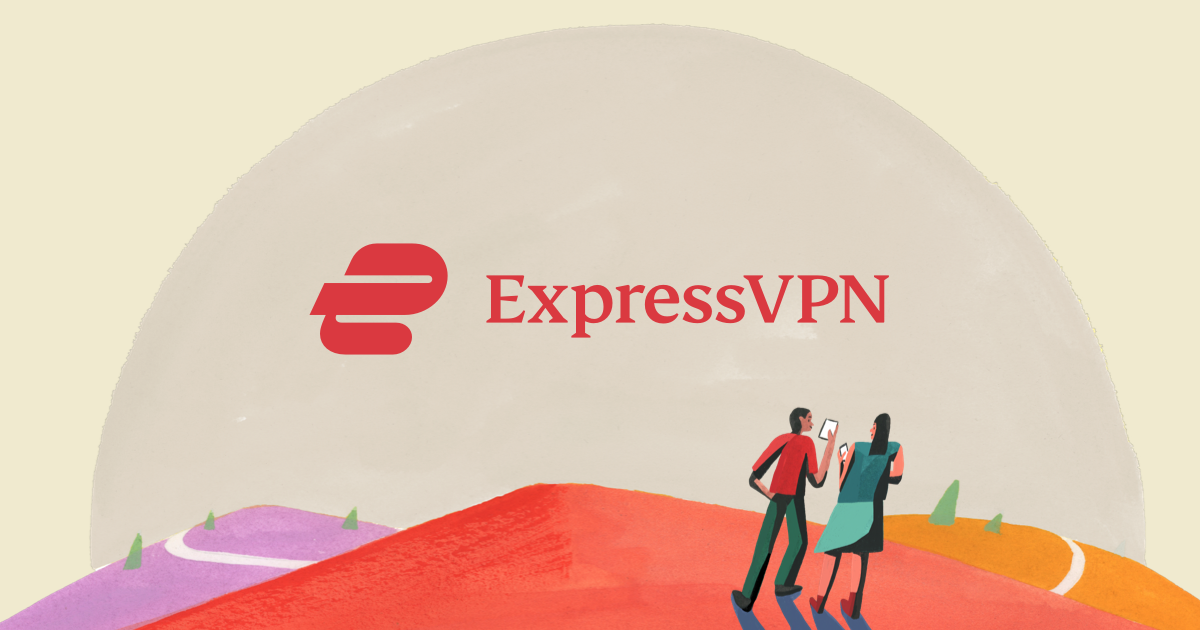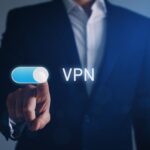A Virtual Private Network, or VPN, can help you preserve your privacy and security when using the internet. However, there are times when it is best to turn them off. In this blog post, we will discuss when you should use a VPN and when you can safely turn it off.
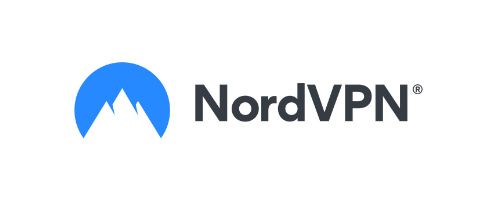
NordVPN Special Deal
Get VPN protection from NordVPN, one of the most reliable VPN companies in the world, for just $3.99/month!
✅ Possibly, the best Double VPN implementation.
✅ Over 5000 servers in 60 countries.
✅ VPN split tunneling support.
When you should use a VPN
1. When you want to keep your browsing history and activities private
Browsing the internet can feel like a fairly safe activity. After all, you’re just sitting in your home, looking at a screen. However, there’s a lot of information being shared every time you go online. Your ISP can see everything you’re doing, and your browsing history is stored in your browser’s cookies. This means that anyone who has access to your computer can see what websites you’ve been visiting. If you’re concerned about privacy, using a VPN can help to keep your browsing history and activities private. A VPN encrypts your internet traffic, making it difficult for anyone to track what you’re doing online. This means that your ISP won’t be able to see which websites you’re visiting, and your browsing history will be more difficult for others to access.

2. When you’re on a public Wi-Fi network and don’t want anyone to be able to see your traffic
A VPN, or Virtual Private Network, is a tool that can be used to protect your online privacy. When you connect to a VPN, all of your traffic is routed through an encrypted tunnel, making it difficult for anyone to snoop on your activity.
This is especially useful when you’re using a public Wi-Fi network, as it’s difficult to know who might be able to see your traffic. In addition, a VPN can also be used to bypass censorship and restrictions.
You can use a VPN to access blocked websites and content in a country with strict internet censorship.

Special offer: 3 Free Months for our readers!
Get the best-rated VPN service in the world with a special offer just for the readers of PrivacyTutor!
3. To bypass geographical restrictions on content
While the internet has opened up a world of information and opportunities, it has also created new challenges. One of the most frustrating is geographical restrictions on content.
Whether you’re trying to access your favorite streaming service while traveling abroad or looking for news from home while living in another country, being blocked by a geographical restriction can be frustrating.
Fortunately, there is a solution: a VPN. A VPN, or virtual private network, allows you to change your IP address so that it appears as though you are located in another country.
This can be helpful if you’re trying to access content that is only available in certain countries. For example, if you’re attempting to watch a movie that is only available in the United States, you can connect to a VPN server in the US and bypass the geographical restrictions.
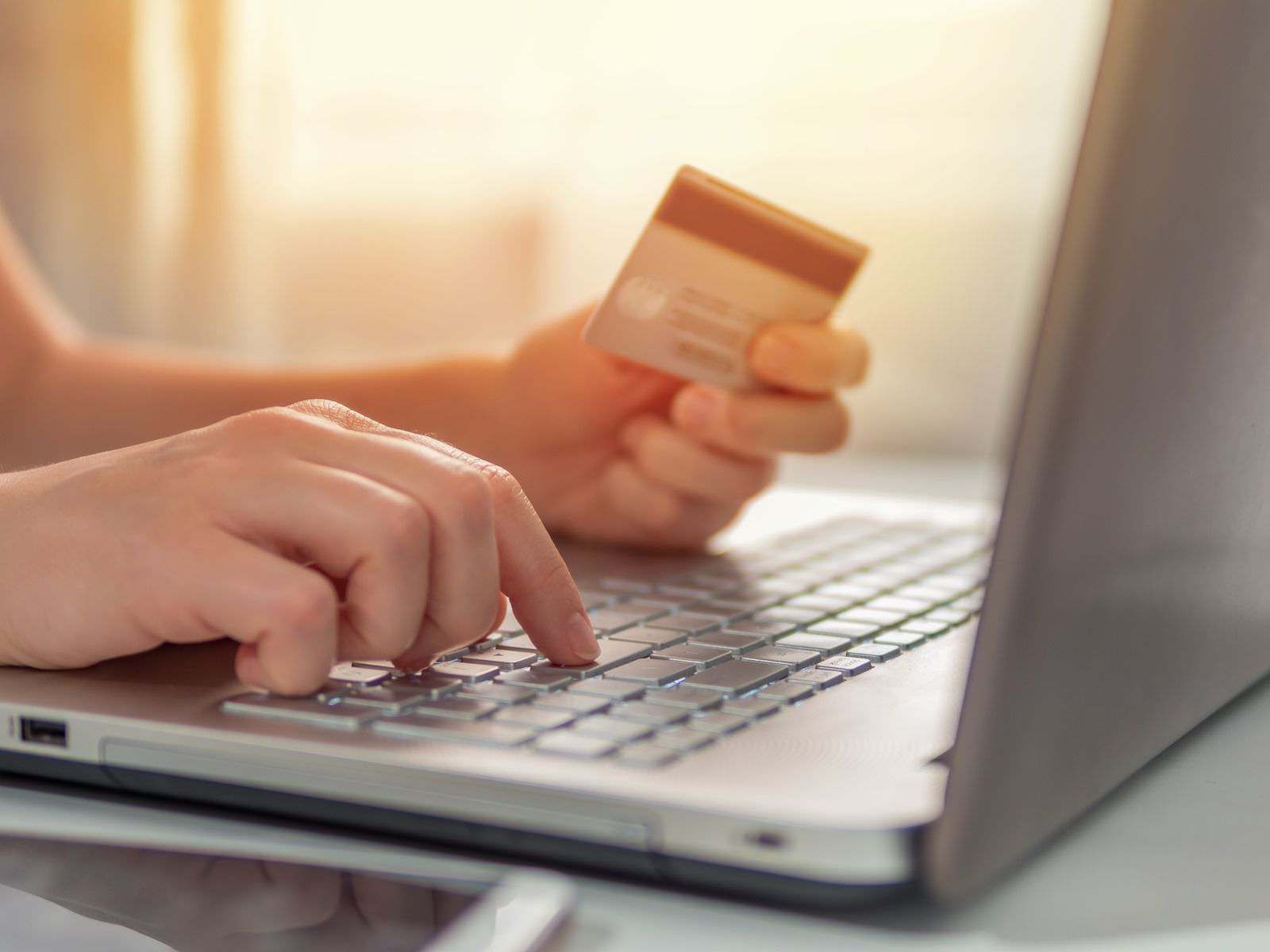
4. To improve your online security
In today’s digital age, more and more people are using the internet to conduct their business. Whether you’re shopping online, banking, or just browsing the web, it’s important to be aware of the dangers that exist.
One of the best ways to protect yourself online is to use a VPN or Virtual Private Network.
A VPN encrypts your internet traffic, making it difficult for hackers to intercept your data.
In addition, a VPN can also help to improve your online security by hiding your IP address and location. This makes it harder for criminals to track you down and target you with attacks. When it comes to online security, a VPN is an essential tool.

The Best VPN Deal You Can Find Anywhere!
Get a VPN that lets you use an unlimited number of devices, offers amazing security features and has an unbeatable offer!
82% off + 2 Months Free
- Unlimited Devices
- Ad & malware blocker
- Cookie pop-up blocker
- Two-Factor Authentication
- 24/7 support
- $2.49/Month!
5. When you want to have privacy from your internet provider
In an age where companies are increasingly collecting data on everything we do online, it’s no wonder that more and more people are using VPNs to protect their privacy.
While there are many use cases for VPNs, one of the most popular is to prevent your internet provider from being able to see what you’re doing online.
This can be useful if you’re worried about your ISP tracking your online activity or selling your data to third parties.
Additionally, using a VPN can help to improve your privacy when using public Wi-Fi networks, as it can encrypt your traffic and prevent others from snooping on your activity.
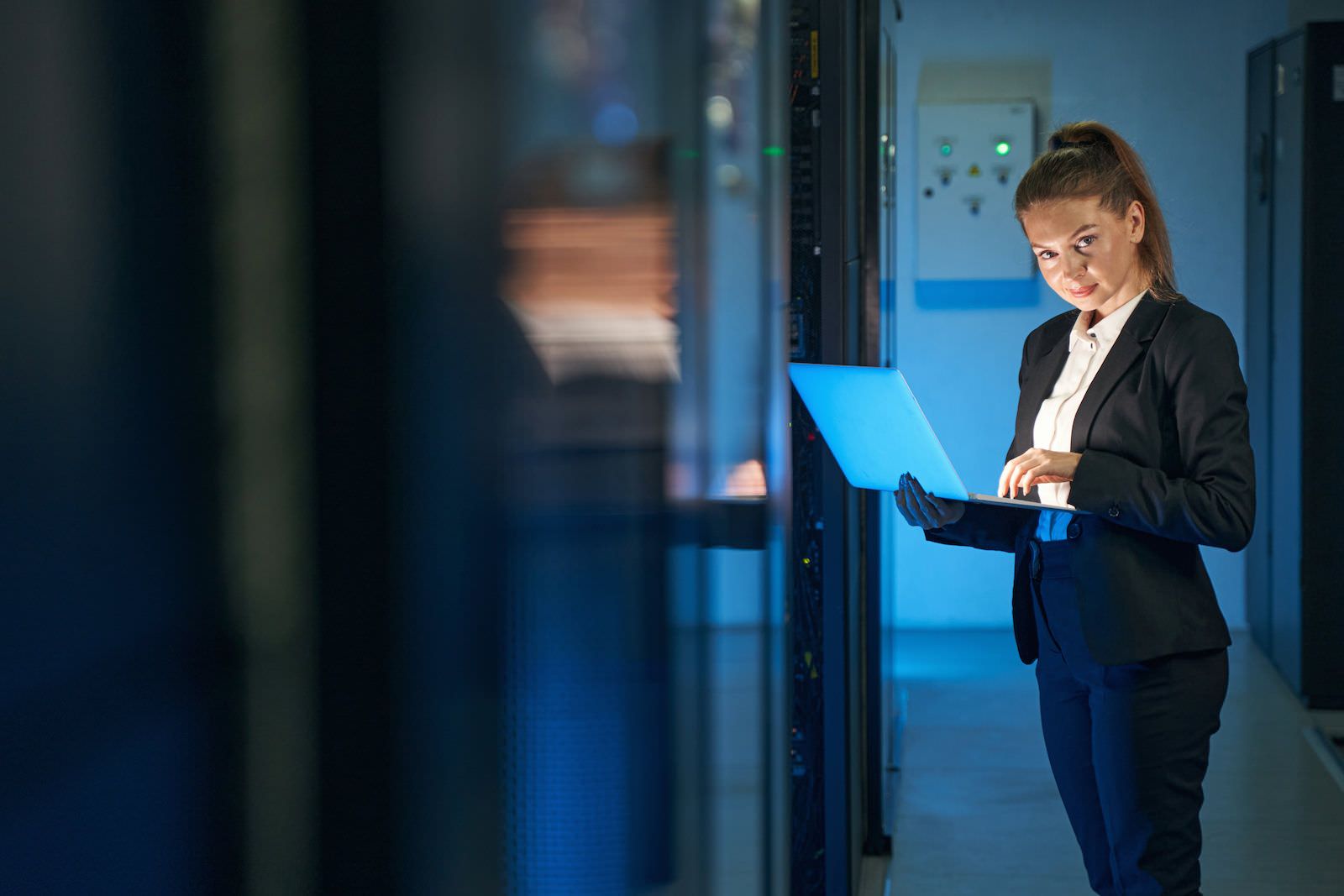
6. When you want to have privacy from the Apps and Services You Use
Another common use case for VPNs is to improve your privacy when using apps and services. While many companies claim to take your privacy seriously, the fact is that most of them collect data on everything you do.
This includes the apps and services you use, the websites you visit, and even your location. By using a VPN, you can prevent these companies from collecting your data by encrypting your traffic and routing it through a VPN server.
This means that the only thing these companies will be able to see is that you’re connecting to the VPN, not what you’re doing while connected.

Special VPN Deal
Get VPN protection from NordVPN, one of the most reliable VPN companies in the world, for just $3.99/month!
When it’s okay to turn off your VPN
There are many reasons why you might want to use a VPN, from keeping your browsing history private to accessing region-locked content. However, there are also times when you don’t need to use a VPN.
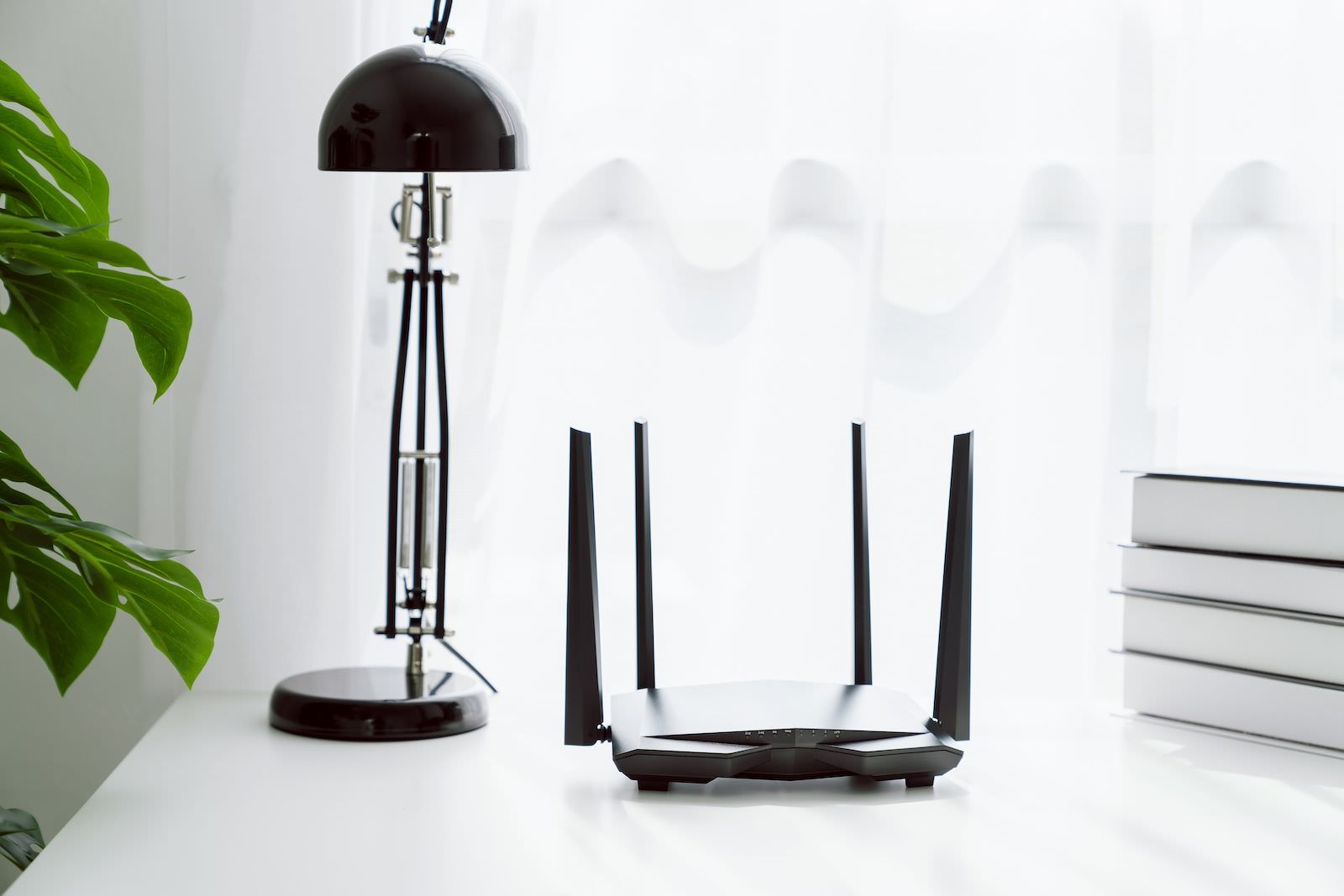
1. When you’re connecting to a trusted network
If you are connecting to a trusted network – such as your home network or an employer’s internal network – there is no need to use a VPN. These networks are already secure, so there is no need to add an extra layer of protection. Additionally, VPNs can sometimes slow down your connection speed. So, if you are simply browsing the web or checking email on a trusted network, it’s best to turn off your VPN.
2. When you don’t need to keep your information private
If you’re just browsing the web or checking your email, there’s no need to encrypt your traffic. Likewise, if you’re connecting to a trusted website that doesn’t require VPN protection, there’s no need for a VPN. In general, you only must use a VPN when you’re concerned about privacy or security. When you’re not worried about either of those things, you can save time and resources by turning off your VPN.

3. When you’re not trying to bypass censorship or geographical restrictions
A VPN, or Virtual Private Network, is a tool that can be used to bypass censorship and geographical restrictions.
However, it is important to remember that VPNs are not perfect. They can slow down your internet connection, and they can also make it more difficult for you to access certain websites and services.
For these reasons, it is useful to know when to turn off your VPN. When you’re not trying to bypass censorship or geographical restrictions, there is no need to use a VPN. This will help to improve your internet connection and give you full access to all the websites and services that you use.
Furthermore, if you’re only accessing websites that are safe and secure, there is no need for a VPN.
4. When your VPN connection is slow or unstable
There are times when a VPN connection can be slow or unstable, making it more difficult for you to access the internet. When this happens, it’s best to turn off your VPN and troubleshoot the connection.
If you find that your VPN connection is frequently dropping or is slower than usual, there are a few steps you can take to improve the situation.
First, try connecting to a different server. If that doesn’t work, contact your VPN provider and ask them for help troubleshooting the issue.
In most cases, they will be able to resolve the problem quickly and get you back up and running. However, if the issue persists, it may be time to consider switching to a different VPN provider.

5. When you’ve been banned from a website or forum
There are cases when websites, forums, or other web services will ban the known IPs of some VPN providers. If this happens to you, the best thing to do is to switch to a different VPN provider.
Meanwhile, if you need to access the website or service that you’ve been banned from, you can try using a different server or contact the website directly, by turning the VPN off and see if that helps.
6. When you are using a hotspot
Mobile hotspots are becoming increasingly popular as more and more people rely on their smartphones for internet access. A mobile hotspot allows you to connect your devices to the internet using your phone’s data connection.
However, many people are unaware that using a VPN (virtual private network) with a mobile hotspot can actually be counterproductive. Here’s why: When you use a VPN, your traffic is encrypted and sent through a secure tunnel to the VPN server.
This adds an extra layer of security, but it also means that your traffic has to travel an extra step before it reaches the internet. As a result, it can actually slow down your connection. In addition, if your phone is already connected to a cell tower, using a VPN could mean that your traffic is being routed through another server, which could lead to more latency.
Also, a mobile hotspot connection is already secure, so there’s no need to add another layer of protection. For these reasons, it’s best to turn off your VPN when you’re using a mobile hotspot.

7. When the only option is a free VPN
VPNs are not perfect, and there are some situations where you should not use one. One such situation is when you cannot use a paid VPN. Free VPNs often have slower speeds and less reliable connections than their paid counterparts. Additionally, free VPNs may sell your data to third parties or display ads, which can defeat the purpose of using a VPN in the first place. If you value online privacy and security, it is worth investing in a paid VPN service. However, if you’re on a tight budget and absolutely need to use a free VPN, be sure to do your research and choose one that is reputable.
In conclusion
There are many reasons why you might want to use a VPN, but there are also some situations where it’s best to turn the VPN off. Be sure to consider all the factors before deciding, and always err on the side of caution when it comes to online privacy and security. Thanks for reading!
Recommended VPNs

